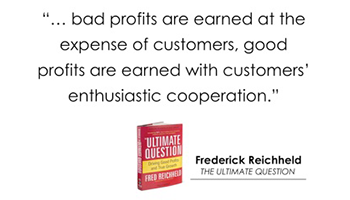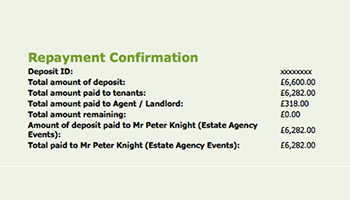Lessons from Michael Gerber
Lessons from Michael Gerber

I’ve written about Michael Gerber several times as his bestselling book, ‘The E-Myth’, whilst being so poorly written I almost discarded it after 10 pages, has content and key messages, that gets it into the all time Top 10 section of my library.
 Last week I attended a lecture he gave and I must say his delivery was on a par with his style of writing but fortunately so was his content and key messages. These will be described more fully in his new book, ‘Beyond the E-Myth’, due to be published in the last quarter of 2016, but I thought I’d share what I learned as this might influence your planning for next year.
Last week I attended a lecture he gave and I must say his delivery was on a par with his style of writing but fortunately so was his content and key messages. These will be described more fully in his new book, ‘Beyond the E-Myth’, due to be published in the last quarter of 2016, but I thought I’d share what I learned as this might influence your planning for next year.
For me the key lesson was you can’t fix a business that’s gone bad. Instead it’s about creating a whole new company instead. I like this idea as just the thought of repairing issues and sorting out problems is draining whereas the mindset is very different when thinking about a start up – it’s exciting and energizing. So if you’ve got a lot of issues to address perhaps consider the idea of moving From old company To new company.
He returned to a key theme of ‘The E-Myth’, that “people are unmanageable” – a controversial view I accept but one I’ve increasingly come to understand. Gerber’s assertion is that peoples’ performance varies all the time. One day they might be on top form, on another so-so and on another in downward spiral – indeed, some people can be all three of these several times a day.
If you rely on people to deliver your service then you’re going to experience issues with holidays, sickness, training days and so on, never mind spikes in customer activity. This is why Gerber suggests that people should design the systems and these should run the business. He added though, using a story about learning to play the saxophone when he was 12, that you’ve got to care, really care – “you don’t make music, music finds you” he repeated. He cited Steve Jobs as an example of this concept: “Steve Jobs didn’t know more than anyone else…but he cared more than anyone else.” He went on to say, “Your business has to have meaning” and without meaning “it will amount to nothing.” Again a provocative statement but one I also buy, if a company has no purpose then it has no point.
His final lesson was that “selling is a system” and this is something I passionately believe in. Too many businesses don’t have a sales system, they rely on individuals to turn up and give their best effort and some days they do and others they don’t. Indeed for many companies, having seen the latest Gallup Employee Engagement scores with over a quarter of employees “actively disengaged”, it would probably be better if they didn’t turn up at all.
There were some great examples of how to radically increase sales volumes, repeat business and referrals which I will be sharing with members of our Mastermind Groups in January – if you’d like to see what they’re like you can get details of a free trial here. The key though is to make every step of your sales process and the customer journey in to a repeatable system that doesn’t rely on an employees discretionary effort.





